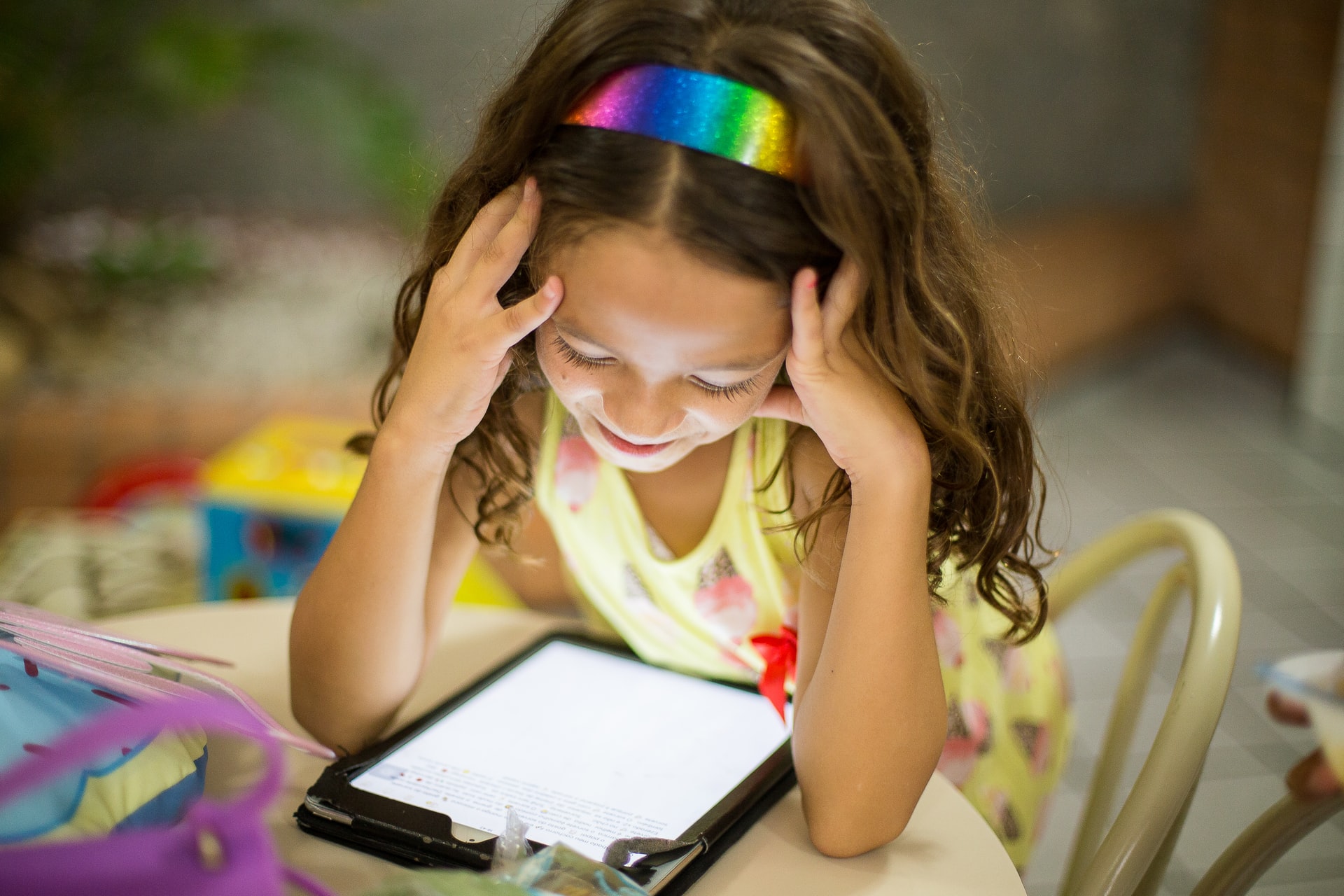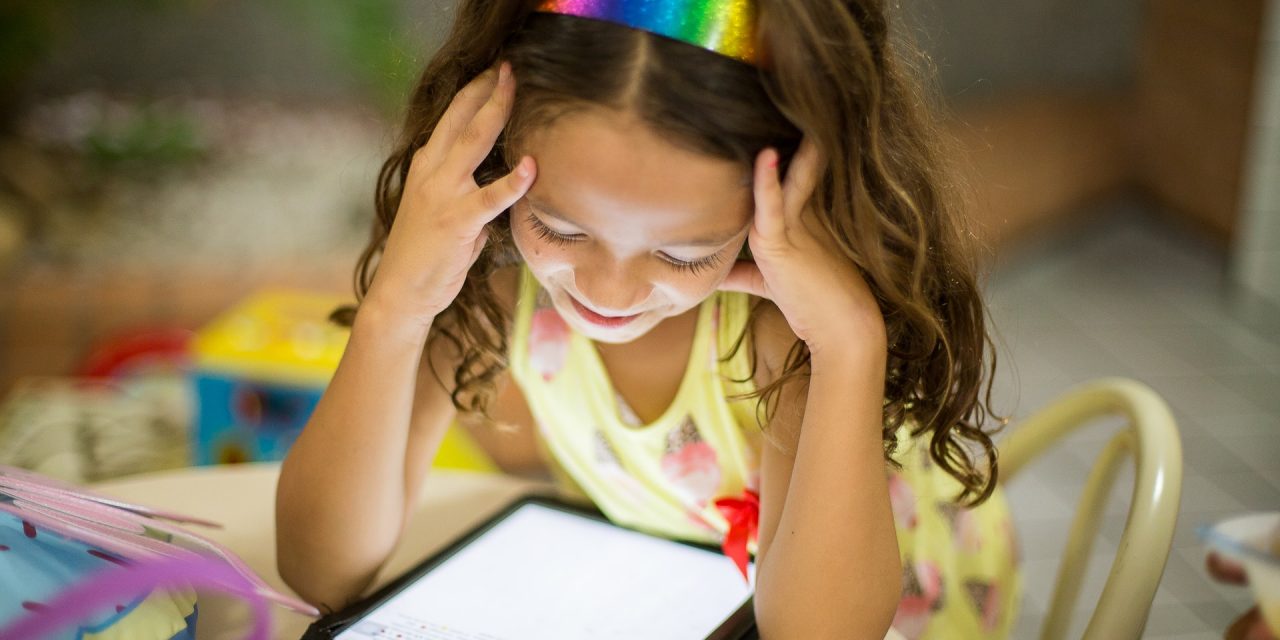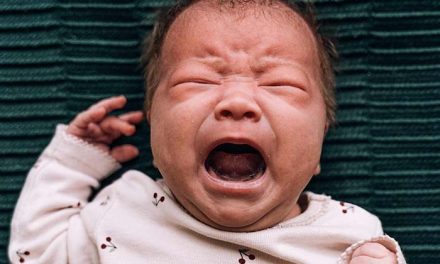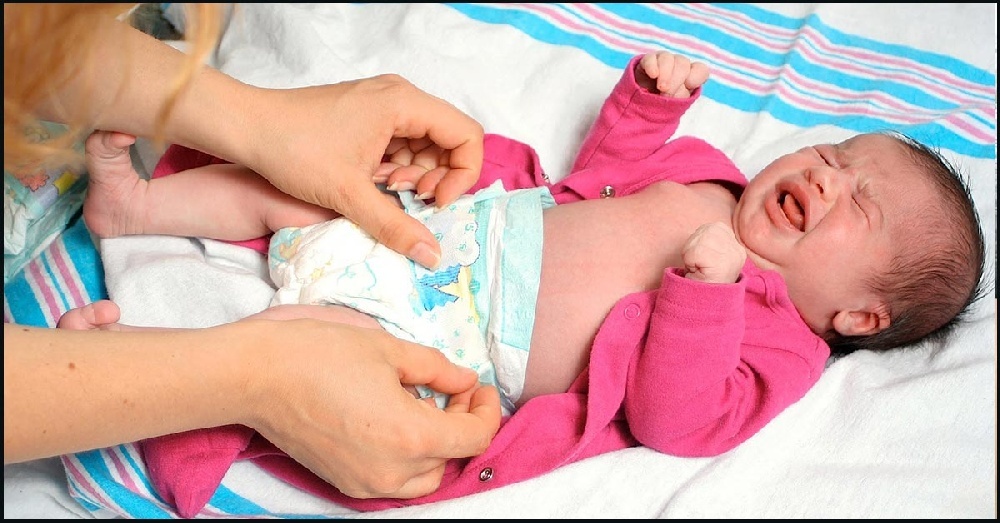Attention Deficit Hyperactivity Disorder (ADHD) is a neurodevelopmental disorder that thousands of children experience. Most kids with ADHD find it difficult to pay attention and focus. But that doesn’t mean that all inattentive children not concentrating on studies have ADHD. The diagnosis of the disorder is way more complex than that and is best left to the expertise of health professionals. However, as parents, there are few signs of ADHD in children that you should be aware of. This way, in case your child is struggling with it, you can get them the professional help they need.

Recognizing the signs of ADHD in children early on will help parents deal with it more effectively.
3 Different Categories Of ADHD
Before revealing the signs of ADHD in children, let’s understand the 3 broad types of symptoms of ADHD. You should know that ADHD signs show up in these 3 categories –
Inattentiveness – Most signs of ADHD surface as inattentive behavior. Some of these are daydreaming, leaving a task halfway, not hearing instructions, and constantly losing things.
Hyperactive/Impulsive – Some signs of ADHD can also show up as hyperactive/impulsive behavior. For example: fidgeting with things, not sitting still, or extreme physical exertion. Seemingly silly impulsive behaviors like repeating the same sentence over and over way too many times also fit in this symptom category.
Combined – This category is for when your child exhibits a combination of both inattentive and hyperactive/impulsive behavior.
During the diagnosis of ADHD, your health professional will inform you whether your child’s signs lean more towards the inattentive, hyperactive/impulsive, or combined type.
Signs Of ADHD In Children
Now that you’re aware of how ADHD can show up as 3 different behavioral types, let’s look at the most common signs –
Excessive Fidgeting
Children experiencing ADHD tend to find it difficult to sit still or quietly. This is why they’ll find ways to constantly fiddle with things. This could be out of boredom or to seek the attention of those around them. But, look out for when they excessively kick legs, move their arms, and disturb other kids sitting idly in school. This is a way to tell that your child is possibly much more fidgety than any other kid their age.
Distracted Easily
One of the other most common signs of ADHD in children is that they can’t seem to focus on any one task. It could be something as simple as choosing a program to watch on TV. Constantly switching between channels, not being able to complete a game or simple homework means that they get distracted very easily.
Extremely Forgetful
As parents, it can be frustrating to deal with situations when your child forgets their homework, water bottle, or even eating their tiffin. But at the same time, it is necessary to understand why it is getting so difficult for your child to remember these tasks. Keep count of how many times your child has been forgetful. If it’s excessive, you might want to look at whether ADHD is affecting your child’s ability to remember things.
Not Patient Enough To Wait
Have you noticed your child hitting you and screaming their lungs out just because you asked them to wait for their turn? This is another behavior you can see in many children experiencing ADHD. They could have a lot of trouble waiting either to play a game or at a grocery store and this, in turn, affects the way they socialize. It’s possible that they also don’t wait their turn to speak, interrupt others often, eventually creating issues while making friends.
Gets Bored Quicker Than Usual
Every child gets bored. But for those experiencing ADHD, things get painfully boring, be it painting, sports or crafts. This is mainly because a core symptom of ADHD is not being able to have control over one’s attention. This means that your child is not necessarily getting bored of the activity but drift away because they can’t seem to focus on it. Your child might be swapping from one activity to the next in less than 5 minutes because of how prone they are to boredom.
Zero Impulse Control
Some kids struggling with ADHD behave in unexplained impulsive ways. They might interrupt conversations to blurt out hurtful things, hit themselves, or push other kindergarten kids. These are a few impulsive behaviors that if you notice in your child alongside the rest, you could take it as a sign of ADHD.
Difficulty In Making Decisions
Kids with ADHD tend to not be able to make decisions. This stems from the fact that the disorder prevents them from regulating their attention. Sometimes your child might pay too much attention to several things and other times, just one task. Children with the disorder have difficulty controlling their attention. It doesn’t mean that they can’t pay attention, instead, it means that they have difficulty choosing what to pay attention to. Due to this, they might not always make rational decisions and this will ultimately affect the life they lead.
Important To Note
Don’t be too quick to judge that your child is experiencing ADHD only because he/she is behaving differently from the neighbor’s kid. Many children stay up for hours being super active, don’t focus on one task at a time, or throw tantrums to gain attention. Observing signs of ADHD in children is important so you know what’s normal and what isn’t. Diagnosis and treatment are best done by a mental health professional.
As a parent, your responsibility is to pay attention to signs of ADHD that are affecting your child’s mood, behavior, and relationship with peers. When you notice how it is interfering with your child’s well-being, speak to a developmental-behavioral pediatrician, psychologist, or psychiatrist. Behavior therapy, among many other solutions, can help your child deal with the disorder in a better manner.

Unable to concentrate on tasks and extreme fidgeting are some of the most common signs of ADHD in children.
Conclusion
It is true that signs of ADHD in children may not be the easiest to recognize. But as parents, it is crucial to be aware of the many behaviors associated with the disorder. You also need to account for your child’s mental health when dealing with such behaviors. ADHD affects different aspects of your child’s life and it is best to get involved in bringing solutions to them. Behavior therapy, changing diets, and addressing sleep have been effective in helping children experiencing ADHD. You can encourage your children to create and follow a healthy lifestyle. Overall, if you need customized nutrition plans or an app to keep track of your child’s milestones as they grow, you can also consider downloading the ImmunifyMe app.
FAQs On Signs Of ADHD In Children
What Triggers ADHD?
Inadequate amount of sleep, food with artificial additives, and overstimulating screen time can possibly trigger ADHD behaviors in kids.
At What Age Can You Tell If Your Child Has ADHD?
Young children even at the age of 4 can be diagnosed with ADHD if they show a significant number of signs that indicate they’re experiencing the disorder. Some young children outgrow it if given proper care while others only realize they have ADHD after reaching adulthood.
How Do I Get My Child Tested For ADHD?
If you feel that your child is experiencing ADHD, you can speak with a developmental-behavioral pediatrician, psychologist, or psychiatrist. Mental health professionals will be the best in observing the number of symptoms of ADHD your child is showing.







Thank you for explaining that overly fidgeting with things is a sign of children experiencing ADHD. My sister thinks her child is experiencing ADHD since she can observe some symptoms. I should advise her to visit a facility that specializes in ADHD diagnosis for early detection.